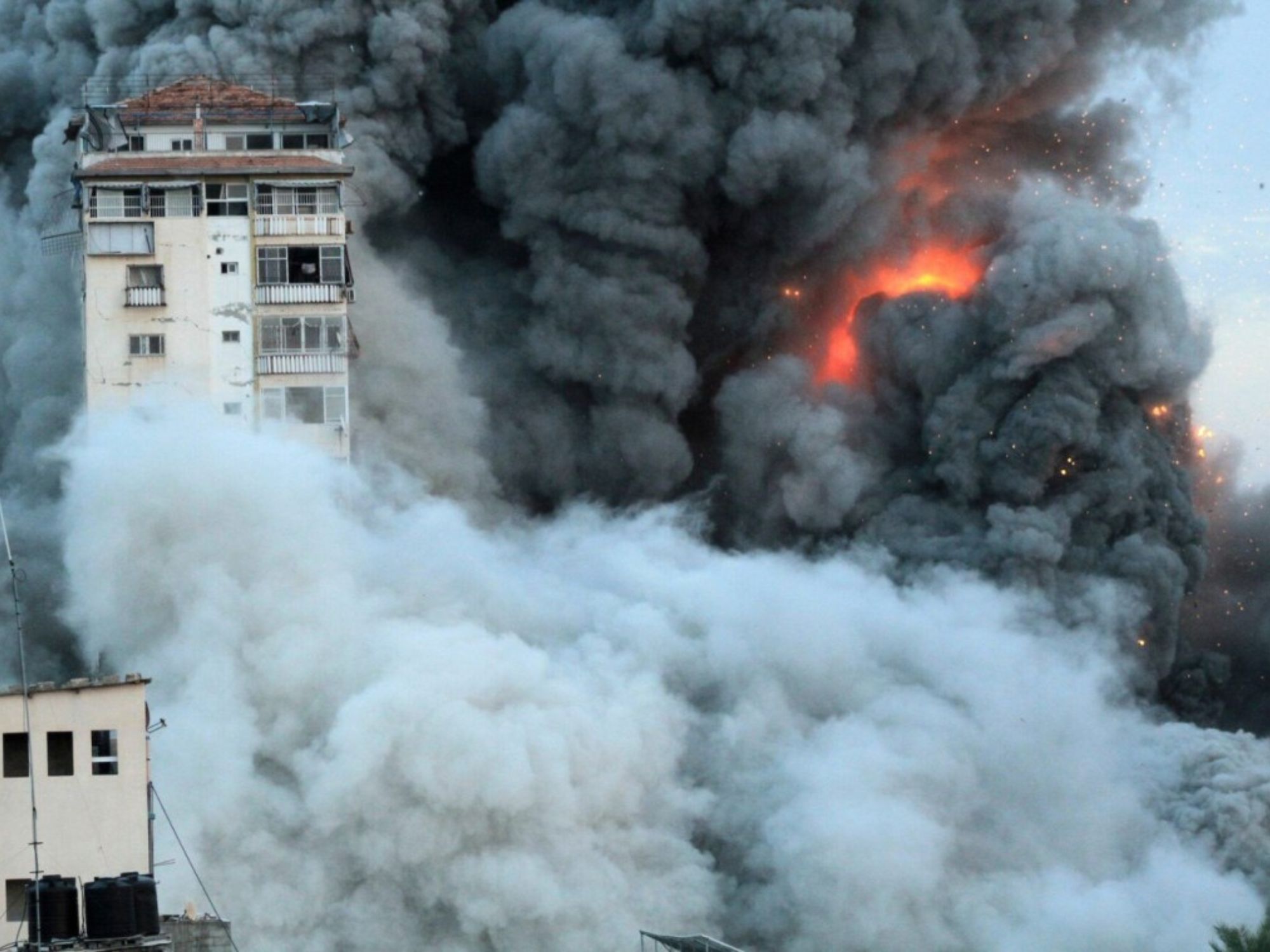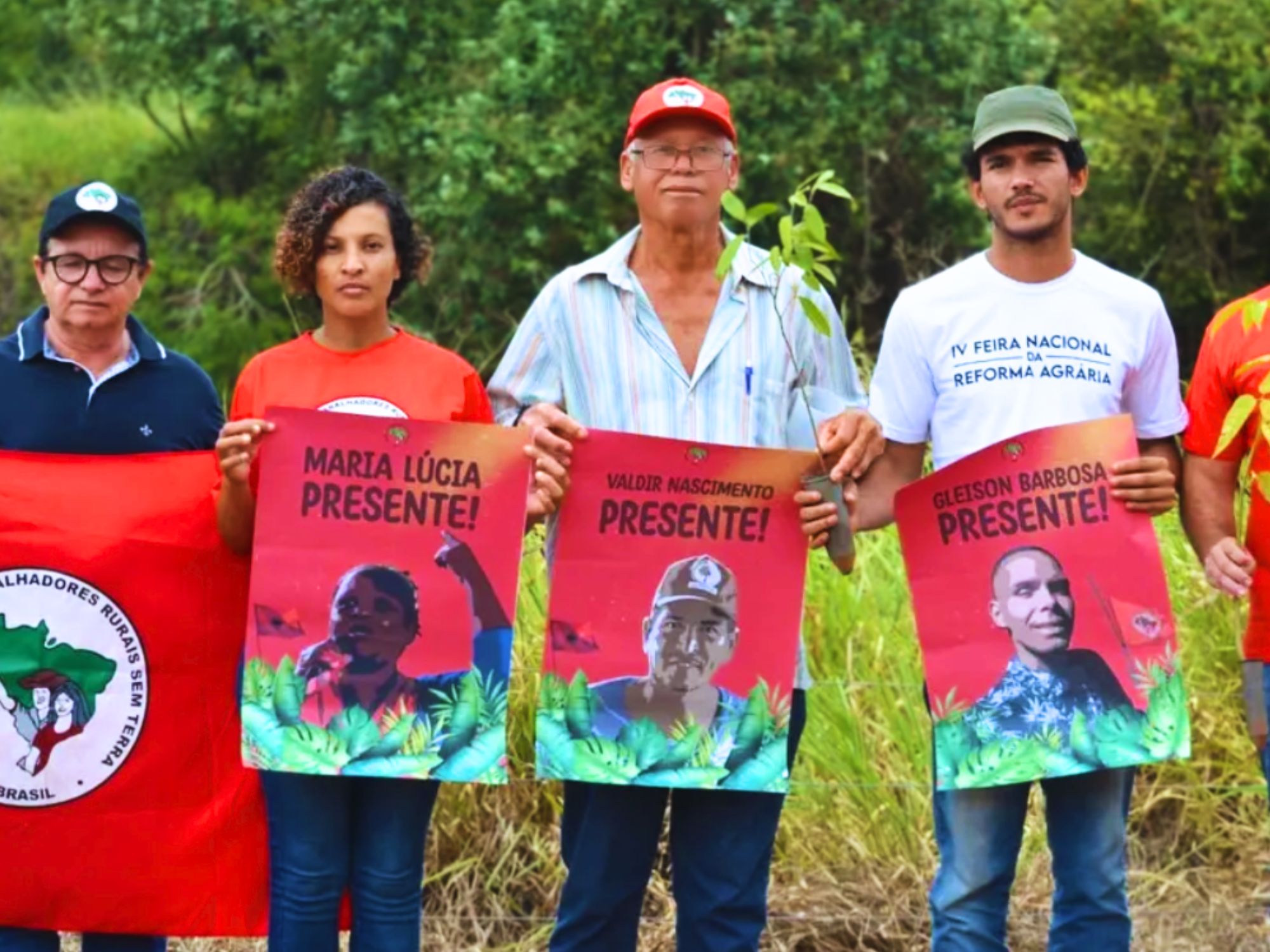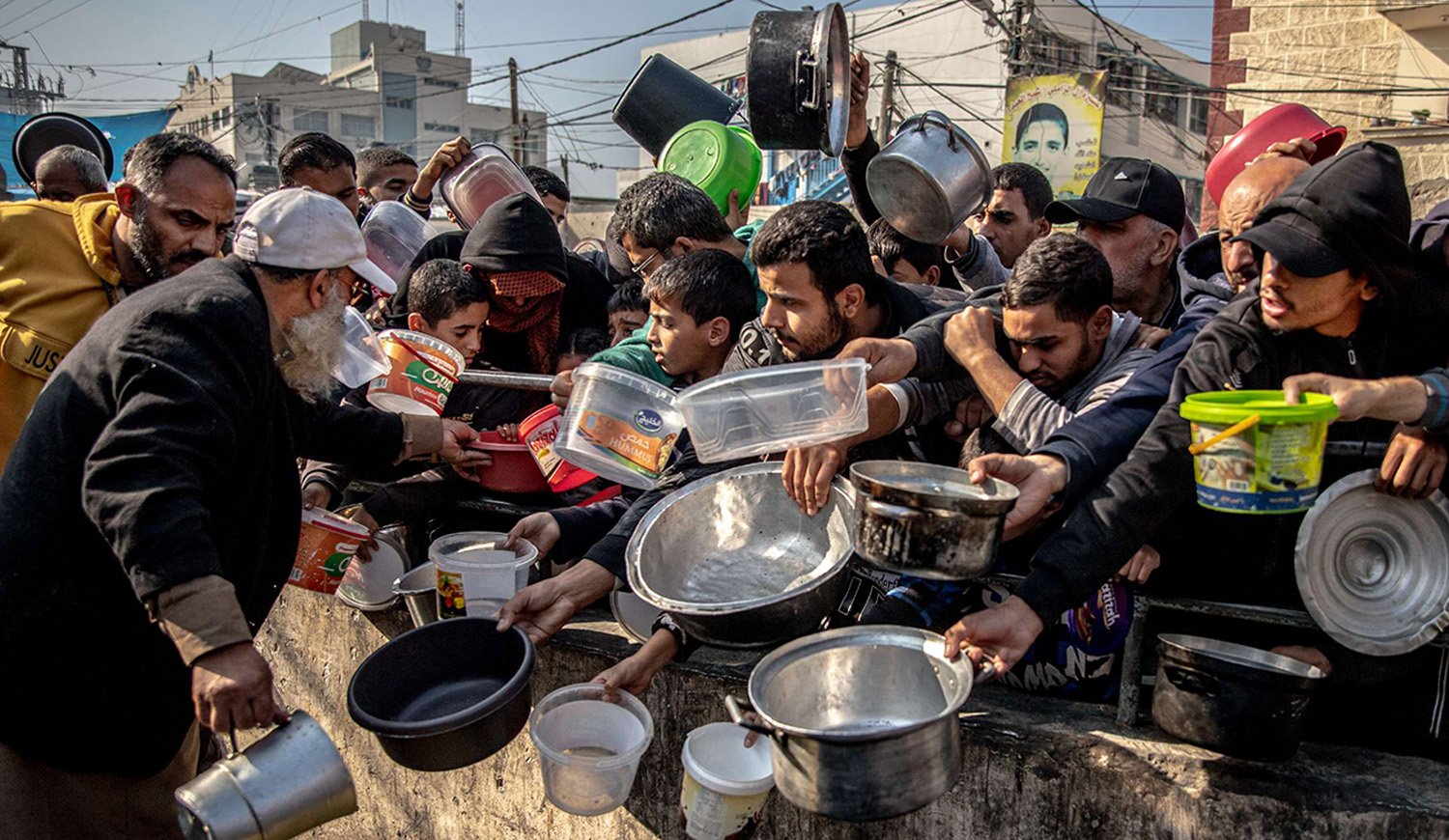From the peripheries of São Paulo, through the rubble of Gaza and to the shack settlements of South Africa, a familiar pattern unfolds: communities that dare to defend life, land, and dignity find themselves in the crosshairs. These are not isolated incidents, nor are they the result of failed governance or corruption alone. What we are witnessing is the Political Economy of Violence (PEV): a global regime in which violence is deployed—by both state and non-state actors—to maintain an economic system of profit and control.
This violence is not exceptional; it is the logic of capitalism made visible. Capitalism has always depended on extreme force—extracting wealth through dispossession, slavery, and exploitation. Today, neoliberalism has intensified this violence, blurring the lines between corporations, organized crime, and state institutions. The result is a world where those defending lands, waters, and sacred territories are increasingly under attack, while impunity reigns. From red-tagging and forced disappearances to militarized development and land dispossession, repression has become the cost of resistance.
To understand the terrain of struggle is the first act of resistance. In this issue, we highlight three emblematic cases that expose the structural nature of this violence—and the urgent need to build collective, international solidarity across movements and borders.





